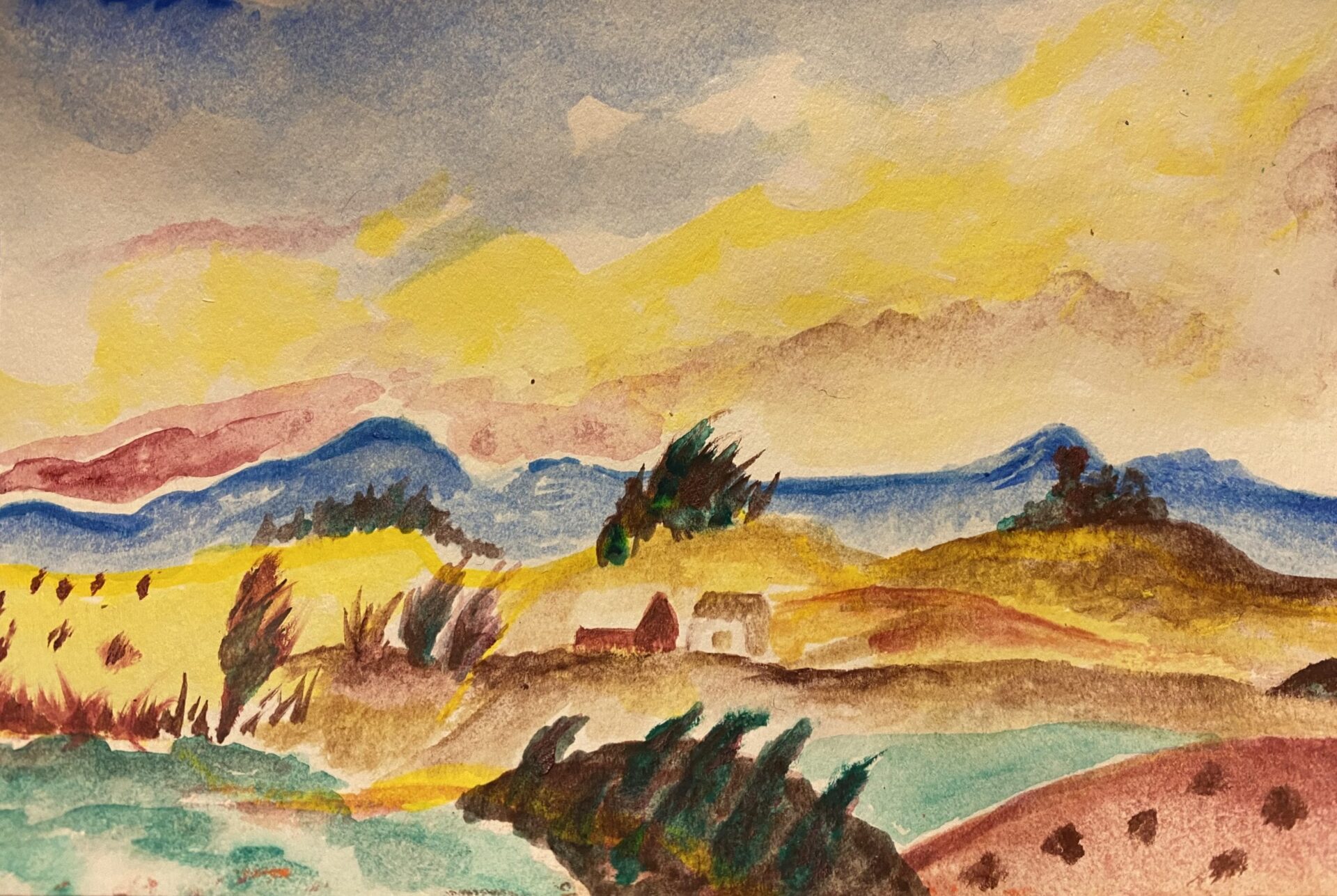by Patrick McNerthney
There’s a secret world out there that no one knows about. Except me. And my friend Bem. And his uncle Scott. And the entire global merchant marine industry, shipping industry, longshoremen and virtually every port commission (as in Port of Seattle, Port of Long Beach, etc.). So in a way, I guess lots of people know about it.
It’s the world of: THE MARITIME COURIER! The Maritime Courier business is comprised of steadfast individuals employed by small companies to deliver payroll, crew and officers to the previously mentioned merchant vessels (cargo ships, oil tankers, grain transports, et al). It’s spooky, spy-like and really challenging, but also really fun! (If you’re crazy.)
 (Maritime couriers get to climb on these!)
(Maritime couriers get to climb on these!)
The short version of my story goes thus: Scott owned a small maritime courier business, and Bem and I worked for him. We were on-call 24-hours a day delivering mostly payroll to vessels berthed across the state of Washington. Which meant we would each carry roughly $80,000 in cash (we were bonded for up to $100,000), walk into a captain’s quarters at any time of day or night (my favorite was when it happened at 2:00 am; very conspiratorial and movie-eqsue), and sit and watch as the overtired, grumpy captain counted every bill (mostly 100’s, with a few 20’s sprinkled in just for fun).
Inevitably, as you can imagine, there was conflict during this process. particularly if the captain claimed the amount was insufficient (it never was, the bank made sure of that). When this occurred, a certain deflective grace was required to (ironically) steer the captain towards the root cause – which they often thought was theft by the courier (yours truly), rather than their own error.
Which brings up the point (and the title) of this article: How to have difficult conversations.
 (Like this, but way more tense–as if the woman on the right was holding a loaded weapon in her concealed hand…)
(Like this, but way more tense–as if the woman on the right was holding a loaded weapon in her concealed hand…)
Frankly, the difficult conversation in my captain vs. courier situation was so extreme that the solution was fairly simple: Remain calm, produce the bank documents reflecting the cash amount, offer to be searched (including your vehicle), then defer to one’s boss (in my case, Scott) or the shipping agent (the captain’s boss).
But what about the difficult conversations that arise in our everyday lives? Those are way harder! In fact, we often take the “easy” route, saying nothing; acquiescing to avoid tension – especially when the boss or person with perceived power chooses the wrong direction, strategy, or behavior…or if they’re one of those who lash out at new ideas (likely because they’re easily threatened.) It’s far safer to keep your mouth shut, as avoidance often feels safer, even cozy. We don’t want to get yelled at, or even worse, judged!
The problem with keeping silent is that it normalizes non-participation. When we’re trying to solve problems we care about, non-participation due to fear of rocking the boat is a disservice to those we’re trying to help. If speaking up is helpful to anyone else, then it’s generous. Holding back becomes selfish, because it deprives others of our insight.
Inevitably, if we advocate change, we will be upsetting someone – usually those who are happy with the status-quo. These people will resist. If we work for change, we cannot keep everyone happy – it’s hard to accept, but accepting it is the only way forward.
Instead of allowing fear to dictate our actions, we need to see making things better as the common goal, and difficult conversations as simply part of achieving that goal. Doing so might surprise us: we might just find new partners, allies, and advocates in the service of those we’re trying to help!
Fine Art Miracles (FAM) champions creative expression as an amazing tool to help the elderly and people of all ages with challenges, overcome fear. This helps folks thrive, even in the face of (not just pandemic-inspired) social isolation. Art Therapy, Music Therapy, and ART2GO packages provide an avenue for your residents and loved ones to connect with their sense of mastery, pride, self-worth and community. FAM believes there is joy simply in making – and wants you to know they are your partner too, on your journey to help those who need your care and support the most.
Want to learn more? Please drop them a note or give’em a call, they’re happy to help!
Speaking of therapy, I think I’m going to need some after recounting the harrowing tales of life as a maritime courier. I’m glad I did it though; life is about exploration, even if we don’t always like what we find!

